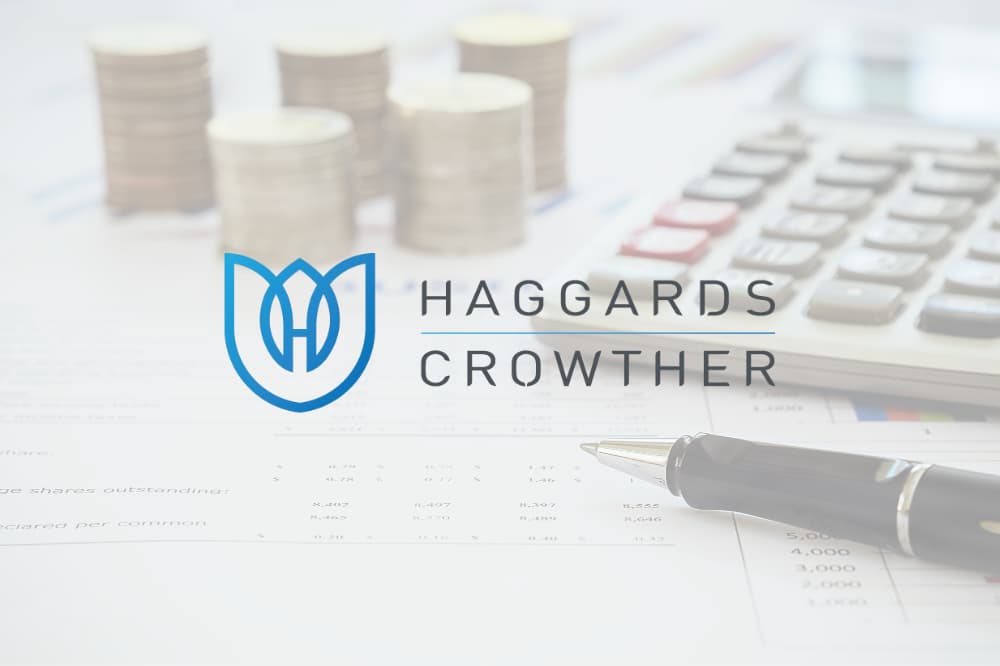
Capital Gains Tax in Focus and Ways to Lower Your Liability
1st October, 2025
Capital Gains Tax (CGT) is back in the spotlight, and for many of our clients, it can be a significant expense. With the Autumn Budget coming up on 26th November, there’s plenty of speculation about potential reforms.
Recent reports in The Times suggest that the government may look to remove the long-standing CGT exemption on primary residences valued above £1.5 million.
Should this come to pass, homeowners selling such properties could face CGT at 18% for basic-rate taxpayers, and 24% for higher-rate taxpayers.
In light of these possible changes, careful planning has never been more important. This month, we are focusing on:
- Capital Gains Tax
- The latest updates
- Practical ways to reduce your tax exposure
What is Capital Gains Tax?
CGT is a tax on the profit made when you sell or dispose of an asset that has increased in value.
It applies to assets such as property (other than your main home), shares held outside an ISA, and valuable personal possessions such as antiques.
Certain disposals, however, are exempt. For example, you do not usually pay CGT when selling:
- Your main residence (provided it meets the qualifying conditions)
- A caravan or houseboat
- A wasting asset (an asset with a useful life of less than 50 years, which is expected to depreciate)
How Do I Qualify for Main Residence?
For your property to qualify as your main residence and therefore avoid CGT, several conditions must be met.
You must have lived in the property as your only or main home for the entire time you’ve owned it. You can’t have rented out any part of it, apart from possibly taking in a single lodger.
It also shouldn’t have been used just for business purposes. The grounds, including any outbuildings, must not exceed 5,000 square metres. Lastly, you must not have bought the property purely to make a profit.
The Reduced Annual Exemption
The annual CGT exemption is reducing year by year. For 2025/26, the allowance will be £3,000 (down from £6,000 in 2023/24). Importantly, unused allowances cannot be carried forward, meaning that if you do not use your exemption in a given year, it is lost.
Ways to Reduce Your CGT Bill
Here are ways that will help you reduce your CGT bill:
1) Timing Your Disposals
Consider spreading disposals across more than one tax year. For instance, if you sell a rental property this tax year, you may wish to defer selling shares until the next, thereby making use of two separate CGT allowances.
2) Transferring Assets Between Spouses or Civil Partners
Transfers between spouses or civil partners are exempt from CGT at the time of transfer. This can be advantageous in two ways:
- You can use both partners’ annual allowances when selling, effectively doubling the tax-free amount.
- If one partner pays tax at a lower rate, they may be liable to CGT at a lower rate on eventual disposal.
It is worth noting that the receiving partner inherits the original acquisition cost of the asset, which will be used to calculate the gain when the asset is later sold.
3) Reducing Property-Related Costs
When selling a property, certain costs can be deducted from your taxable gain. These include the fees you paid to estate agents and solicitors, as well as stamp duty incurred at the time of purchase.
You can also claim for capital improvements made during your ownership, such as adding an extension or upgrading the kitchen. Ordinary repairs and routine decoration, however, do not qualify.
4) Offsetting Losses
If you make a loss on the disposal of an asset, you can set that loss against other gains in the same tax year.
Unused losses can be carried forward to offset against future gains, provided they are reported within four years of the end of the tax year in which the loss occurred.
Losses cannot usually be claimed on assets transferred to a spouse or civil partner, as these transfers are exempt from CGT in any case.
5) Business Asset Disposal Relief (formerly Entrepreneurs’ Relief)
Individuals selling all or part of a trading business may be eligible for Business Asset Disposal Relief (BADR), which provides a reduced CGT rate.
Currently, qualifying disposals are taxed at 10% on gains up to a lifetime limit of £1 million.
Gains above this limit are taxed at standard CGT rates.
From April 2025, the relief rate is set to rise to 14%, and from April 2026 to 18%.
To qualify, you must generally:
- Own at least 5% of the company’s ordinary share capital and voting rights
- Be an officer or employee of the company
- Ensure the company is a trading company or the holding company of a trading group (companies holding mainly investment property, such as buy-to-lets, do not qualify)
Looking Ahead
The rules around CGT are shifting, and while some changes remain speculative, it’s clear that exemptions are becoming more limited and rates are rising. Taking steps early could help reduce your future tax liabilities.
As always, we are here to help you review your situation, suggest planning options, and support you through any upcoming changes with confidence. If you would like tailored advice on how best to manage your assets in light of these developments, please do not hesitate to get in touch with our team.

Terry started life at HM Revenue and Customs before moving to Ashdens and then on to BDO and Chantrey Vellacott, the combination of which has provided Terry with a wide breadth of experience which has proved invaluable when helping a broad range of clients with their tax affairs.
Whether it involves meticulously organising a client’s tax affairs or leveraging his expertise to mitigate their tax exposure, Terry has a passion for delivering tangible results.




